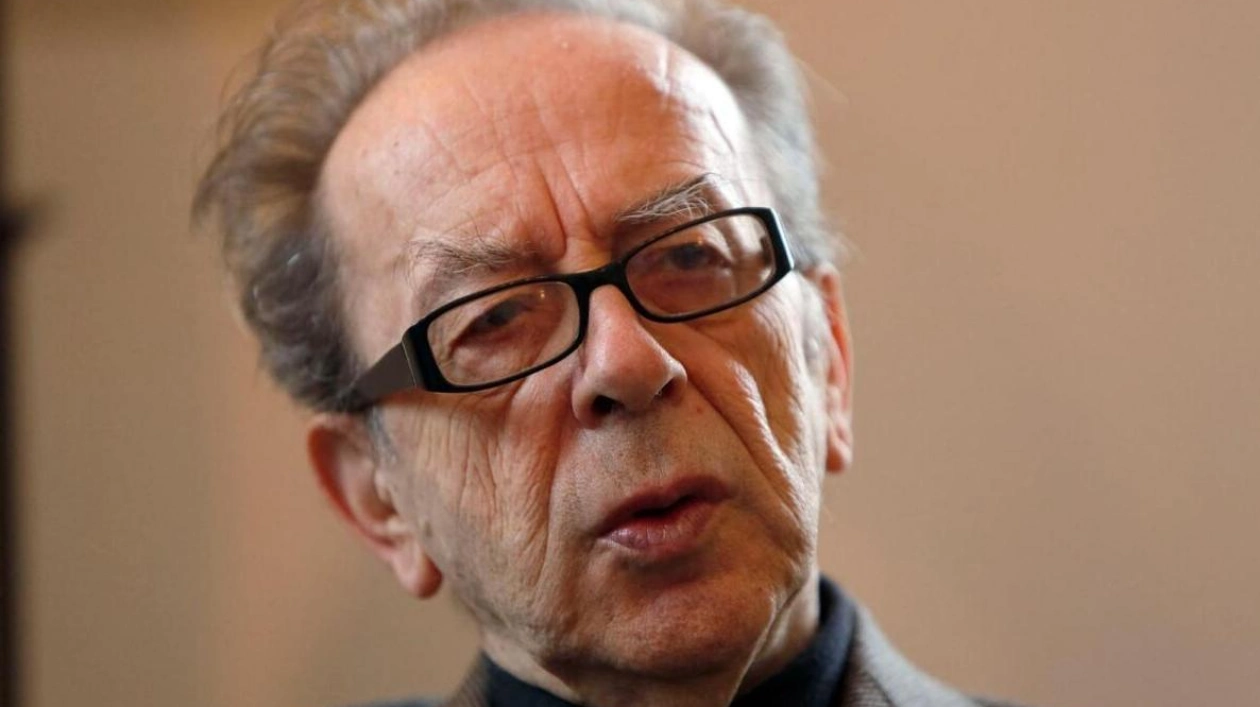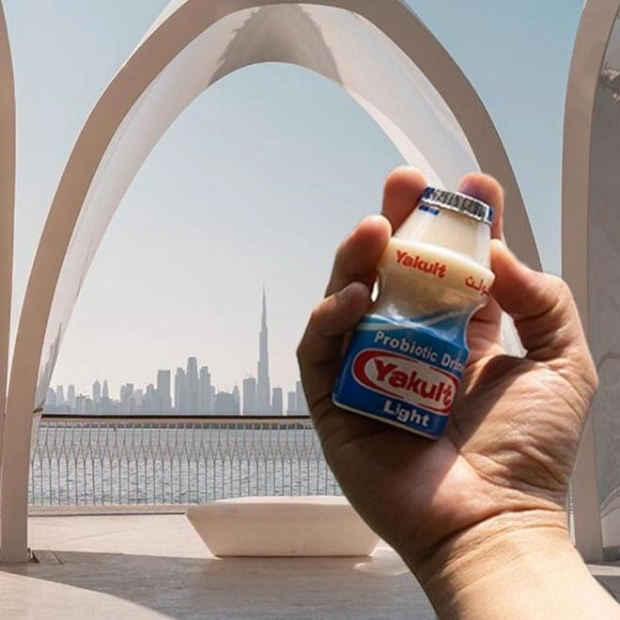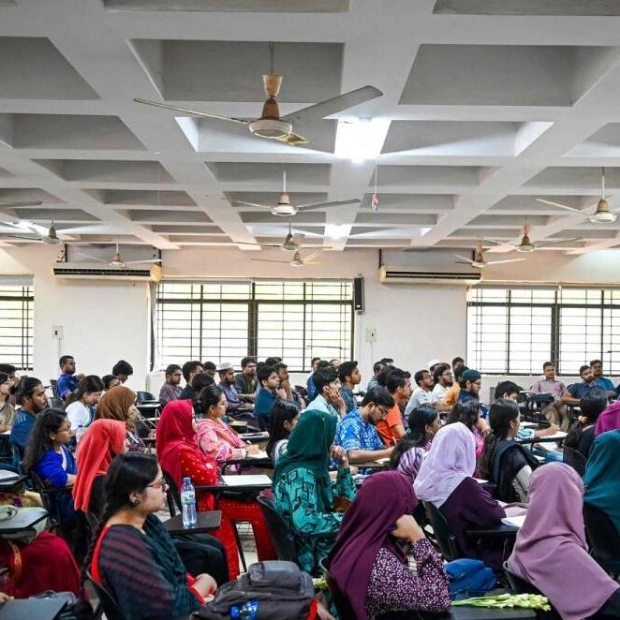Novelist Ismail Kadare, who passed away at 88, wielded his pen as a covert tool to navigate the perilous regime of Albania's paranoid communist dictator, Enver Hoxha. Kadare's intricate narratives, frequently compared to those of George Orwell or Franz Kafka, employed metaphor and irony to expose the essence of tyranny during Hoxha's reign from 1946 to 1985.
"Dark times often yield unpleasant yet beautiful surprises," Kadare shared with AFP. "Literature has frequently produced magnificent works during dark ages, as if striving to alleviate the suffering inflicted upon people," he noted. Frequently touted for a Nobel Prize, his extensive body of work explored his nation's myths and history to analyze the workings of totalitarianism. Kadare's novels, essays, and poems have been translated into over 40 languages, establishing him as the Balkans' most renowned modern novelist.
The prolific author distanced himself from Albania's isolated communist regime and relocated to Paris just months before the government's collapse in the early 1990s. He documented his disillusionment in his book "The Albanian Spring -- The Anatomy of Tyranny". Born in Gjirokaster, southern Albania, on January 28, 1936, Kadare was inspired by Shakespeare's "Macbeth" in his youth and admired the playwright along with Dante and Cervantes. Ironically, dictator Hoxha hailed from the same mountain town.
Kadare studied languages and literature in Tirana before attending the Gorky Institute of World Literature in Moscow. Upon his return to Albania in 1960, he initially gained recognition as a poet, later publishing his first novel "The General of the Dead Army" in 1963, a tragicomic story that was subsequently translated into numerous languages. His second novel, "The Monster", about townspeople living in perpetual anxiety and paranoia due to a wooden Trojan horse appearing outside their town, was banned.
His 1977 novel "The Great Winter", though somewhat supportive of the regime, infuriated Hoxha's loyalists who deemed it insufficiently praiseworthy and called for the "bourgeois" writer's execution. Despite the risks faced by other writers and artists, Kadare escaped imprisonment or worse. Hoxha's widow, Nexhmije, revealed in her memoirs that the Albanian leader, who took pride in his love for literature, had protected the internationally acclaimed author on several occasions. Archives from the Hoxha era indicate that Kadare was frequently on the brink of arrest, and after the publication of his poem "Red Pashas" in 1975, he was exiled to a remote village for over a year.
Kadare himself denied any special relationship with the brutal dictator, questioning, "Against whom was Enver Hoxha protecting me? Against Enver Hoxha?" Academics have debated whether Kadare was a favored author of Hoxha or a courageous writer risking imprisonment and death. French publisher Francois Maspero, in his book "Balkans-Transit", suggested that both perspectives hold true. Writing under such a government, where a single word could be weaponized against its author, "requires, above all, determination and courage", Maspero wrote.
"My work adhered only to the laws of literature, it obeyed no other law," Kadare stated. In one of his final interviews in October, visibly weakened, Kadare told AFP that writing transformed "the hell of communism... into a life force, a force which helped you survive and hold your head up and triumph over dictatorship." He expressed profound gratitude for literature, stating, "It gives me the chance to overcome the impossible."
In 2005, Kadare was awarded the inaugural Man Booker International Prize for his lifetime achievements, with judge John Carey describing him as "a universal writer in a storytelling tradition that traces back to Homer". A father of two, Kadare admitted to AFP that he relished seeing his name among Nobel Prize candidates, despite the topic making him uncomfortable. "I am not modest because... during the totalitarian regime, modesty was a call to submission. Writers don't have to bow their heads."






